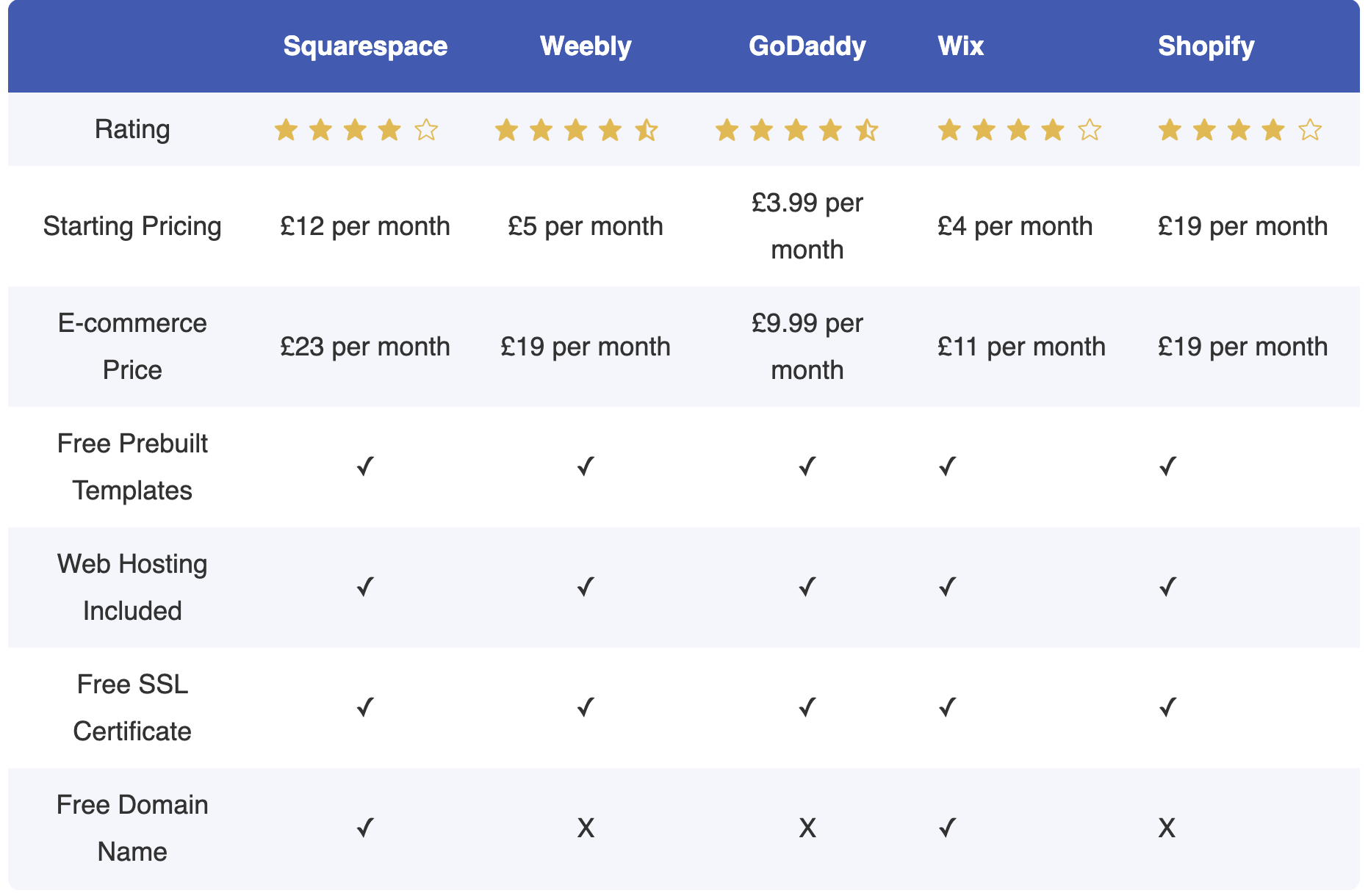
Wondering "How much does a website cost for a small business?" You're not alone. Moving your business online is a big step, and the average cost of a website for small business owners can vary significantly. Whether you're curious about the cost of creating a website or trying to gauge how much a website should cost for your specific needs, this guide will break down the essential components. We'll provide insights to help you understand the overall website cost for a small business, empowering you to make the best decision for your venture.
When starting a website, the two fundamental elements you'll need are a domain name and hosting. Your domain name is the unique website address you’ll use for your business, such as www.smallbusiness.co.uk . Website hosting, on the other hand, is the service that stores your website's files and makes them accessible to visitors online.
Choosing the correct domain and hosting for your small business is crucial. Your domain name should be memorable and reflect your brand. Consider variables such as speed, reliability, and customer support when selecting a hosting plan. There are several alternatives available, ranging from shared hosting for small enterprises to dedicated hosting for those who require more resources.
In the UK, the cost of a web domain in 2023 typically costs anywhere from £10-£30 a year depending on the platform used, pretty good right? As for web hosting, it is a little more complex. If you opt for shared hosting, in which a single physical server can host multiple sites from multiple users, you would look at spending as little as £2 a month to around £15. If you decide to go for dedicated hosting, where the server is for your site and your site only, it’s a significant increase in cost, varying from £60 to £400 a month.
For a small business, it is recommended to start off with shared hosting, as it is likely your business is still generating a lower level of traffic, and this method is a lot more budget friendly. However, a website may be something you’re willing to spend more on for better quality, which in this case, whilst dedicated hosting is definitely more pricey, it offers more robust performance, enhanced security, and complete control over the server environment. Take the time to consider which hosting method would best align with your small business’ budget and needs.
When contemplating the cost of creating a website for a small business, design and development is also very important. This part of the process can be approached in two ways, and understanding these can help you figure out how much a website should cost for a small business.
Using DIY Templates:
Should you choose to build your site yourself, there are an array of website-building websites that offer packages to help. These packages offer all the basics when it comes to building a site, and do not require a whole lot of technical expertise, the cost can be anything from £4 - £25 a month.
Forbes Advisor has curated a table of useful web-building sites and their features:

Benefits:
Potential drawbacks:
Going to a professional web designer:
Opting for a professional web designer over DIY templates allows for intricate designs with enhanced features. The cost usually depends on the designer's hourly rate, rather than a fixed package. Small businesses seeking bespoke designs will pay more, reflecting the time, design, development, and resources required for the project.
Benefits:
Potential drawbacks:
Here are practical strategies to achieve savings without sacrificing quality:
Focus on Essential Features:
Identify core functionalities to avoid unnecessary expenses. Consider adding extra features gradually to spread the cost.
Consider Phased Development:
Launch a basic version first and add more functionalities over time to distribute the cost.
Negotiate with Designers:
Many designers and developers may offer flexible pricing or packages suited to small business budgets.
Whether you're looking for a simple template or a bespoke design, this guide aims to provide clarity on how to align your website needs with your budget. Investing wisely in your website ensures a professional online presence that reflects your brand's values and reaches your target audience.
We also have another blog article on the cost of web design, that you can read here.
Ready to take the next step? Our skilled web design team is here to assist you in creating the perfect bespoke website for your small business needs. Get in contact with us today to discuss your specific needs and receive a free quote!
You'll receive an email update every 2 weeks with insight and advice to support you in your digital marketing journey. We treat your email address with care, and you can unsubscribe with just a click.